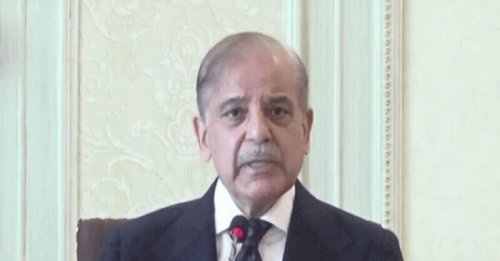WASHINGTON: Business economists are almost equally divided over whether the Federal Reserve will pare its bond purchases at the current pace through year's end or pause to let the economy recover further.
The views were unveiled Monday by the National Association for Business Economics.
The NABE conducted its twice-a-year survey of 230 members between Jan. 30 and Feb. 6, before Janet Yellen's first appearance before Congress as Fed chair.
About 43 per cent of NABE members said they thought the Fed would complete its pullback in bond purchases in the fourth quarter. About 42pc said they thought the Fed would finish in 2015 or later.
At each of its last two policy meetings, the Fed cut bond purchases by $10 billion to the current pace of $65 billion a month.
There are seven meetings left in 2014. The Fed's bond purchases have been intended to drive down loan rates to stimulate spending and economic growth.
A majority of those surveyed agreed with the Fed's gradual end to its accommodative stance, with 57pc saying current monetary policy is “about right.” About 37pc thought it was “too stimulative.''
Cutting back on the bond purchases and the prospect of further cutbacks has already prompted mortgage rates to rise.
Most respondents thought the Fed would wait until 2015 to start raising its key short-term interest rate above the current level near zero. Yellen told Congress earlier this month that the Fed would keep the rate near zero “well past” the time the unemployment rate falls below 6.5pc, as long as inflation remains low. The unemployment rate was 6.6pc in January, a five-year low.
About 36pc of respondents thought the Fed would raise the federal funds rate in the first half of 2015, while 37pc thought the rate hike would come in the second half. Just 12pc thought a hike would occur in the second half of this year, while 15pc thought it would happen in 2016 or later.
As for government spending, 21pc thought fiscal policy was “too stimulative,” while 37pc thought it was “about right.” About 39pc thought fiscal policy was “too restrictive.''
Nearly all the respondents — or 83pc — did not think Congress should put a permanent cap on the debt limit at its current level around $17 trillion.—AP












































Dear visitor, the comments section is undergoing an overhaul and will return soon.